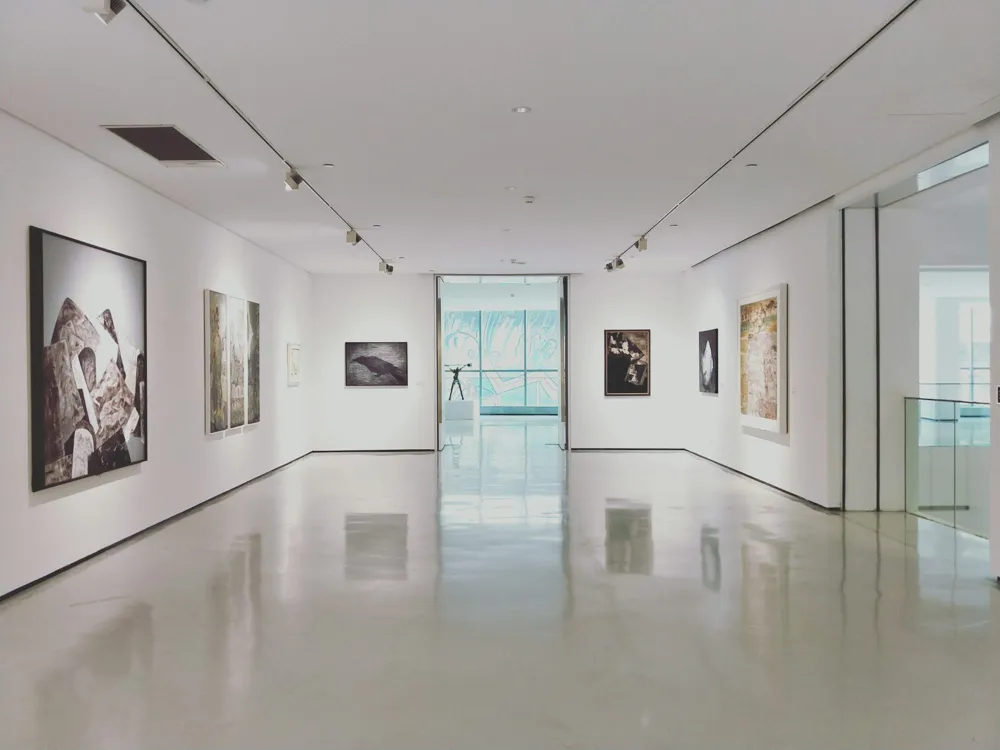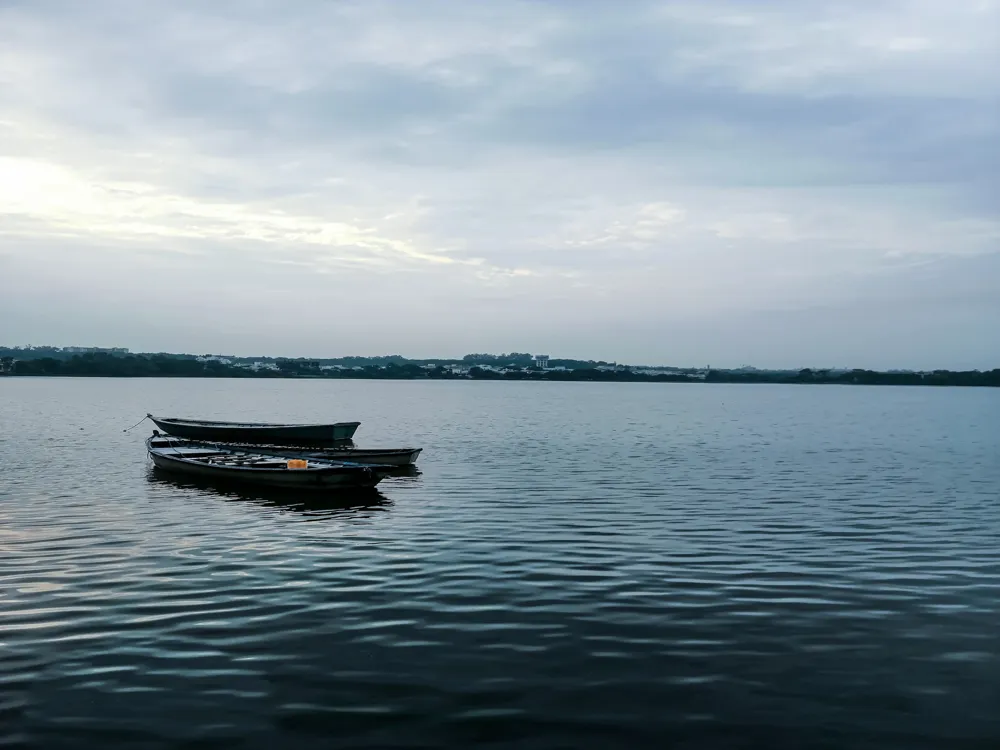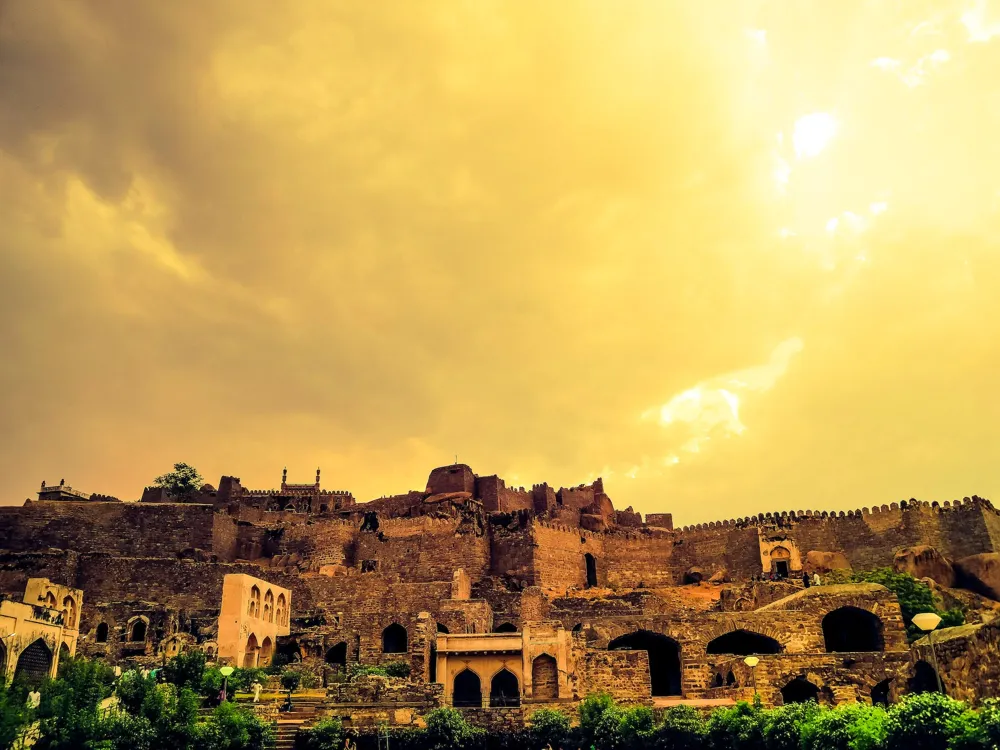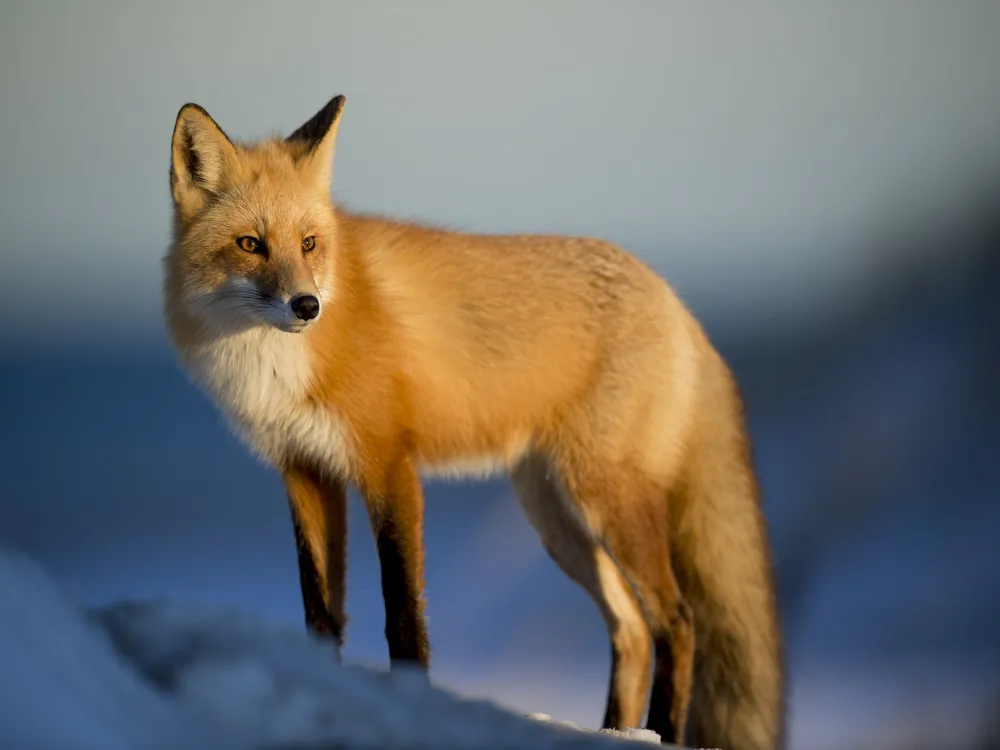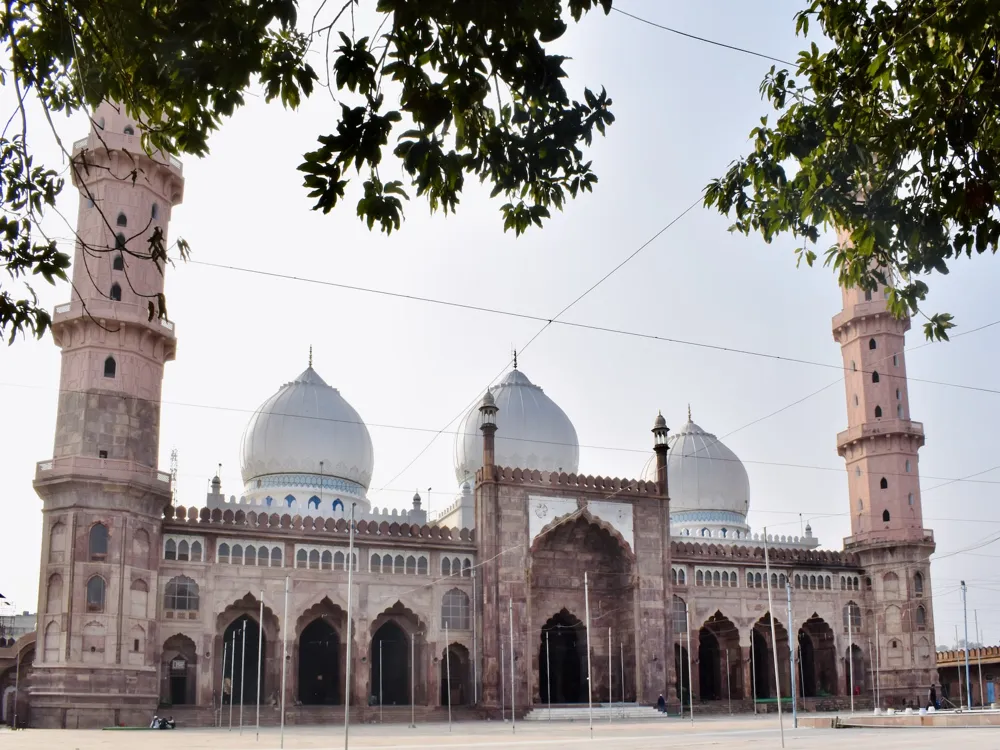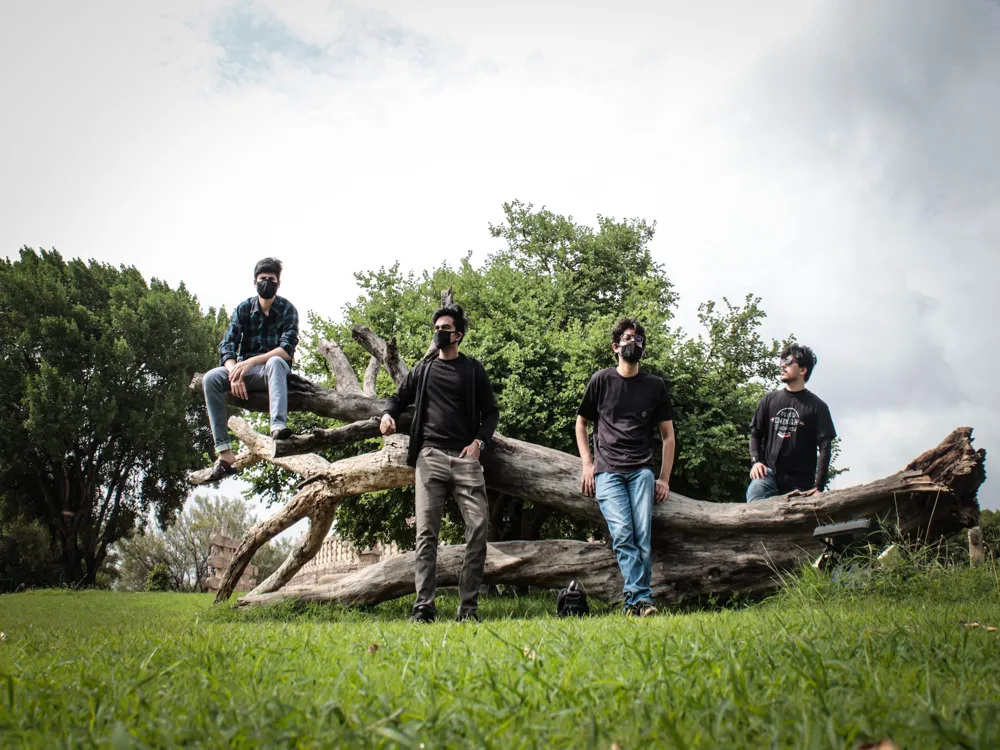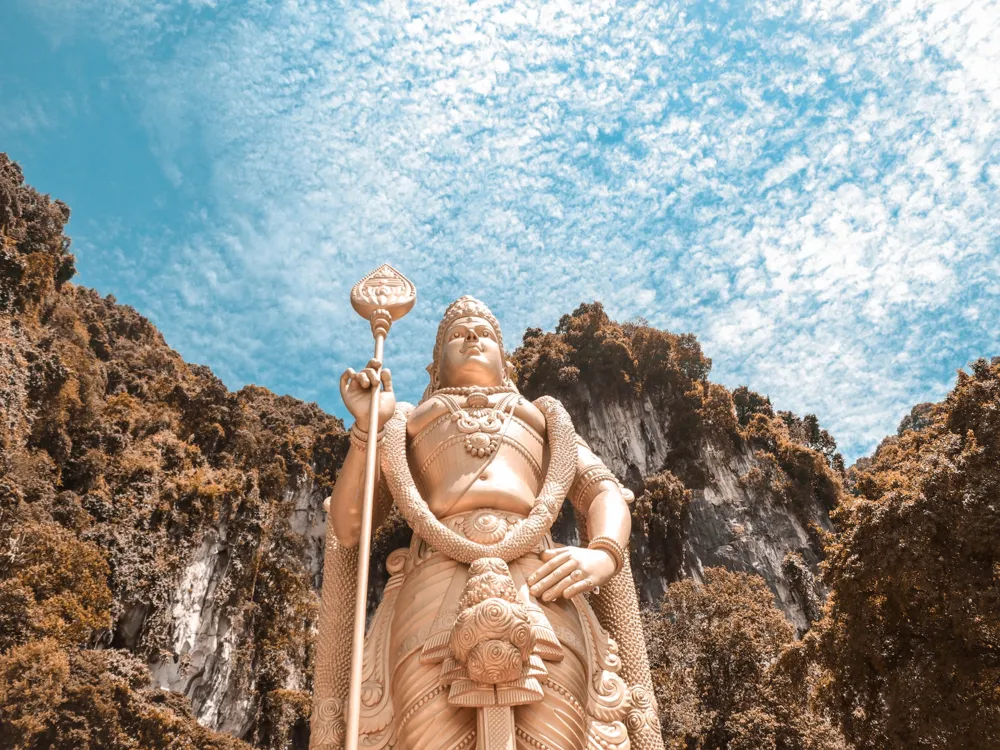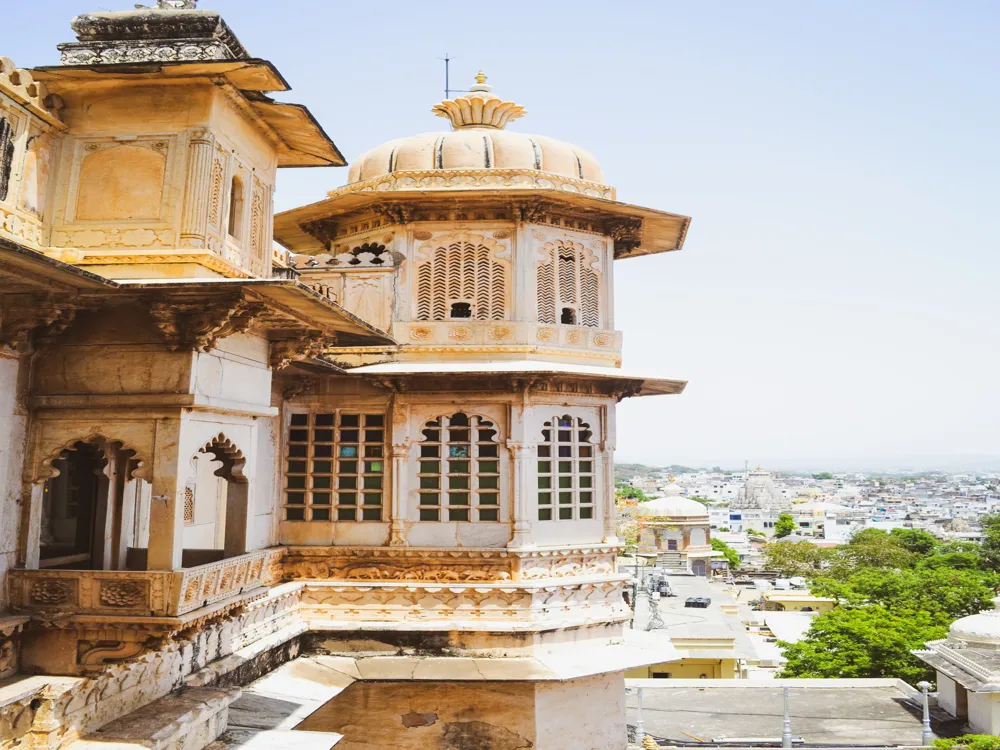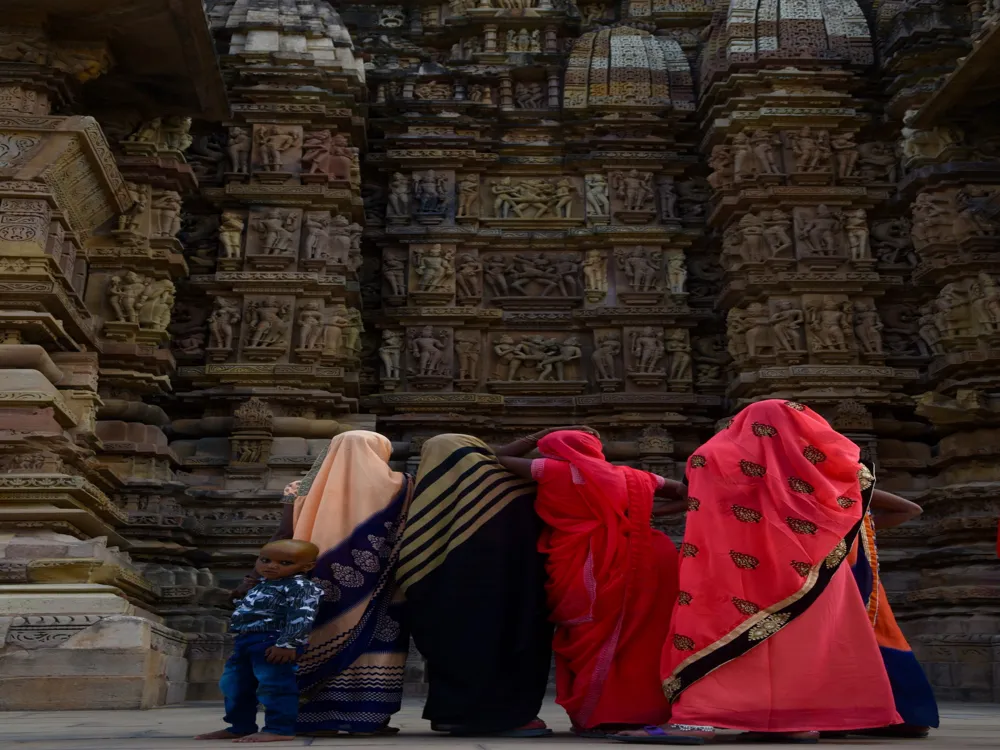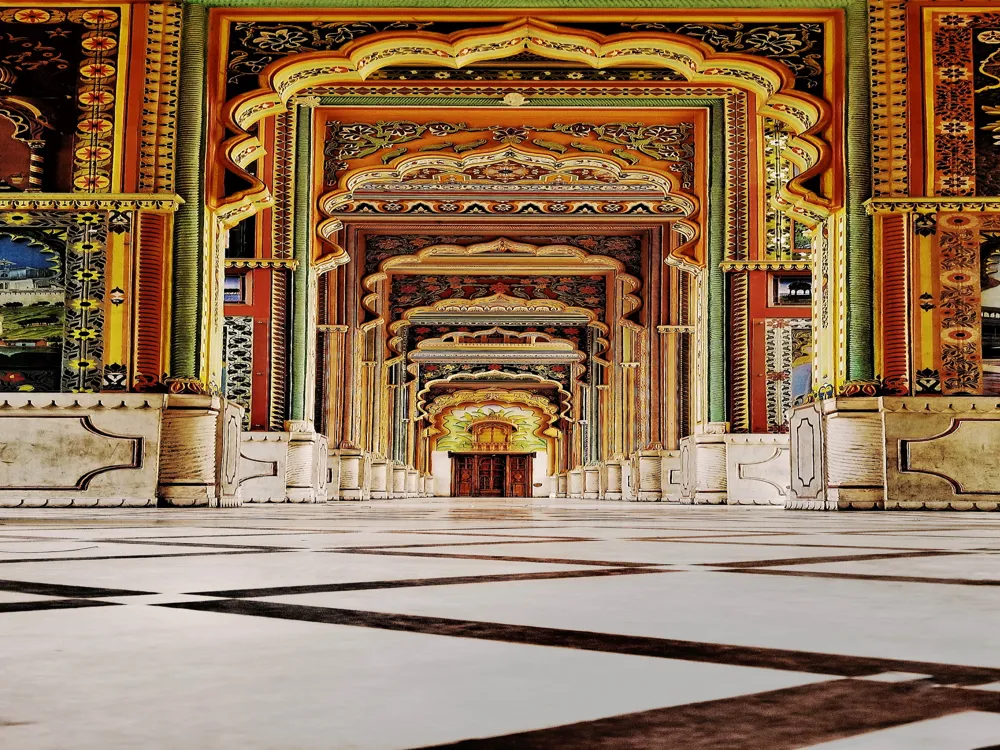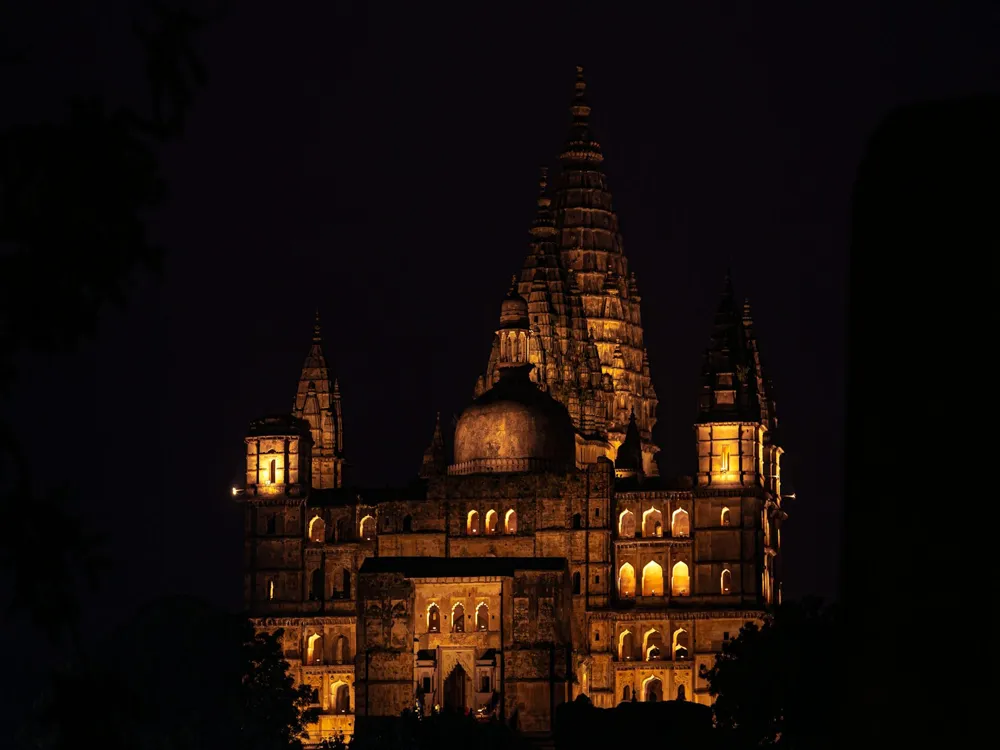Bori Wildlife Sanctuary, nestled in the heart of India, in Madhya Pradesh, presents a mesmerizing landscape brimming with rich biodiversity. This sanctuary, part of the Satpura Tiger Reserve, is an ecological gem, spreading across a sprawling area that offers sanctuary to a diverse range of flora and fauna. The region, characterized by deep valleys, high hills, and dense forests, serves as a vital ecological corridor for wildlife, including the majestic Bengal tiger, leopards, Indian bison (gaur), and a plethora of bird species. The sanctuary's history dates back to the 19th century, making it one of the oldest in India. It was established with the purpose of protecting the significant wildlife in the region and maintaining the ecological balance. The sanctuary's rich history is intertwined with the Gond tribes, the indigenous people of this region, who have lived in harmony with the land for centuries. Their knowledge and traditional practices contribute immensely to the conservation efforts in Bori. Flora in Bori Wildlife Sanctuary is as diverse as its fauna. The sanctuary boasts a variety of vegetation ranging from dry deciduous forests to lush evergreen patches. The predominant tree species include teak, sal, tendu, and bamboo, creating a unique habitat for wildlife. This diverse habitat supports an extensive range of animal species, making it a haven for wildlife enthusiasts and researchers. The sanctuary is not just a biodiversity hotspot but also a research and conservation hub. Numerous conservation programs focusing on habitat restoration, anti-poaching measures, and community involvement are active here. These efforts are pivotal in preserving the sanctuary's ecological integrity and ensuring the survival of its inhabitants. Visitors to Bori Wildlife Sanctuary are treated to an experience that transcends mere wildlife sighting. It's an opportunity to immerse in the tranquility of nature, understand the delicate balance of ecosystems, and witness conservation in action. The sanctuary's commitment to preserving nature's wonders makes it a must-visit destination for those seeking to connect with the wild. Bori Wildlife Sanctuary's architecture is not about man-made structures, but rather the intricate design of nature itself. The sanctuary's landscape is a masterful display of nature's architecture, featuring an array of geographical formations that create a diverse habitat for its inhabitants. The sanctuary's topography is marked by rugged hills and undulating terrain, interspersed with meandering rivers and streams. This varied landscape plays a crucial role in shaping the region's climate and vegetation. The hills act as natural barriers, creating microclimates within the sanctuary, which in turn support a variety of plant and animal life. Water bodies in the sanctuary, including rivers and seasonal streams, are the lifelines for the wildlife. These water sources not only quench the thirst of animals but also create unique ecosystems around them, such as riparian vegetation, which is crucial for many bird and insect species. The water bodies also play a significant role in soil conservation and maintaining the sanctuary's overall ecological balance. The forest cover in Bori is a mix of dry deciduous and tropical moist deciduous forests, with patches of evergreen in the valleys. This varied vegetation is a result of the sanctuary's diverse topography and climate. The forest canopy forms a complex architecture that supports a variety of arboreal species and provides a natural corridor for the movement of animals. The architectural beauty of Bori Wildlife Sanctuary lies in its untouched, pristine nature. It's a place where nature has been allowed to sculpt the landscape, creating a haven for wildlife and a retreat for nature lovers. The sanctuary's natural architecture serves as a reminder of the importance of preserving such untouched landscapes for future generations. It's essential to plan your visit to Bori Wildlife Sanctuary in advance. Check the weather conditions, book accommodations nearby, and understand the sanctuary's visiting hours and rules. The best time to visit is from October to April when the weather is pleasant and wildlife sightings are more common. While enjoying wildlife sightings, maintain a safe distance from animals and avoid disturbing them. Use binoculars for a closer look and keep noise levels to a minimum. Remember that you are in their habitat and respecting wildlife is paramount. For your safety, always stay within designated areas and follow the guidelines provided by sanctuary authorities. Carry essentials like water, snacks, and a first-aid kit. Be aware of your surroundings and avoid exploring the sanctuary alone. As a visitor, it's your responsibility to help preserve the sanctuary's natural environment. Avoid littering, stick to marked trails, and do not disturb the flora and fauna. Responsible tourism ensures the sanctuary remains pristine for future visitors. Bori Wildlife Sanctuary offers excellent opportunities for photography. Use a good quality camera with a zoom lens for wildlife photography. Be patient, as wildlife sightings can be unpredictable. Respect the privacy of animals and avoid using flash photography. Bori Wildlife Sanctuary is accessible via road, rail, and air. The nearest airport is in Bhopal, the capital city of Madhya Pradesh, which is well-connected to major cities in India. From Bhopal, the sanctuary is a few hours' drive. For those preferring rail, the nearest railway station is in Hoshangabad, from where you can hire a taxi to the sanctuary. Road connectivity is good, with state and national highways leading to the sanctuary. Local transportation options like buses and taxis are also available from nearby towns and cities. Read More:Overview of Bori Wildlife Sanctuary, Bhopal, Madhya Pradesh
Architecture of Bori Wildlife Sanctuary
Tips When Visiting Bori Wildlife Sanctuary
Planning Your Visit
Wildlife Watching Etiquette
Safety Precautions
Environmental Responsibility
Photography Tips
How To Reach Bori Wildlife Sanctuary
Bori Wildlife Sanctuary
Bhopal
Madhya Pradesh
NaN onwards
View bhopal Packages
Bhopal Travel Packages
View All Packages For Bhopal
Top Hotel Collections for Bhopal

Private Pool

Luxury Hotels

5-Star Hotels

Pet Friendly
Top Hotels Near Bhopal
Other Top Ranking Places In Bhopal
View All Places To Visit In bhopal
View bhopal Packages
Bhopal Travel Packages
View All Packages For Bhopal
Top Hotel Collections for Bhopal

Private Pool

Luxury Hotels

5-Star Hotels

Pet Friendly







